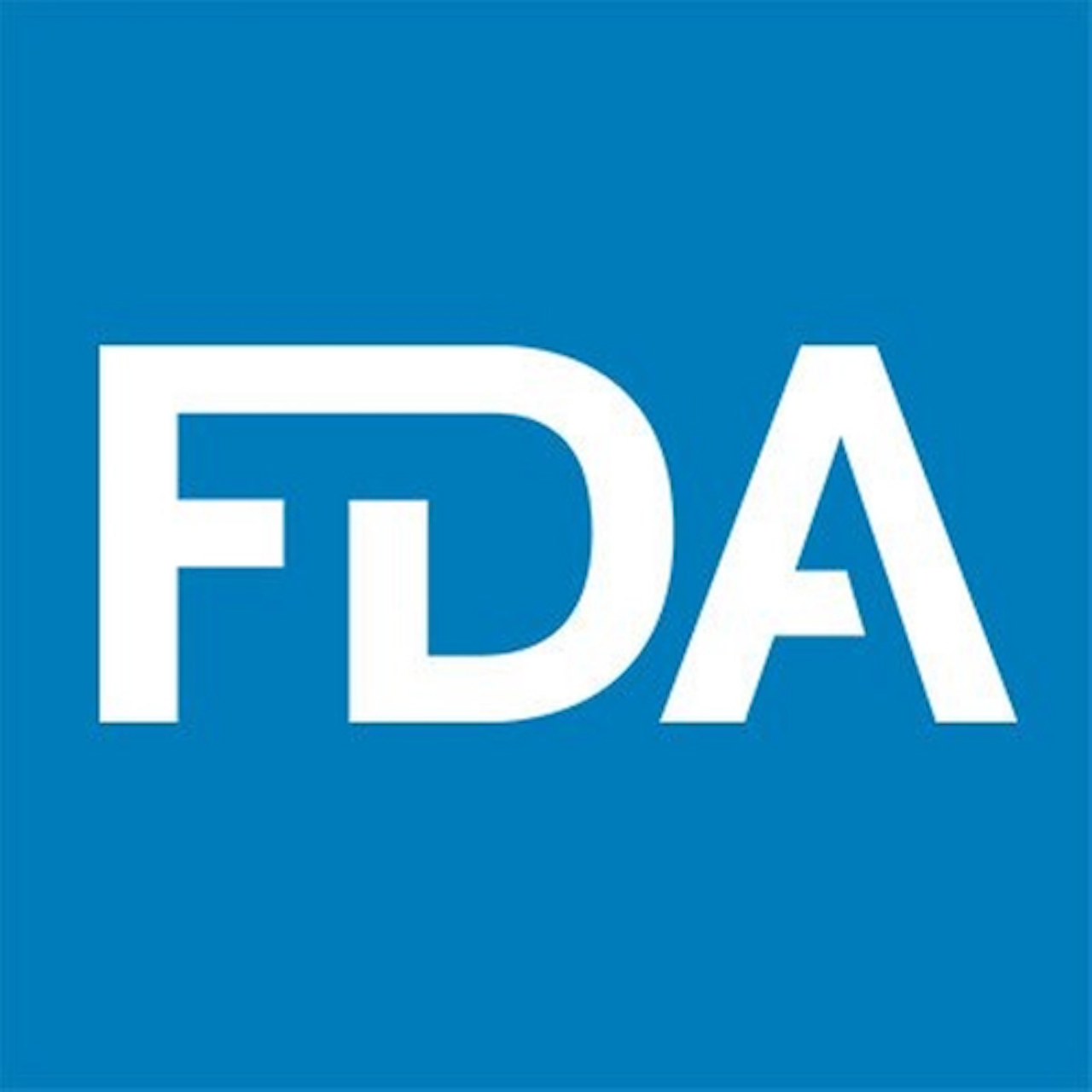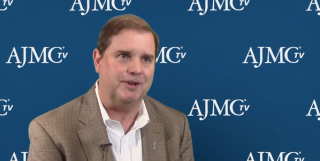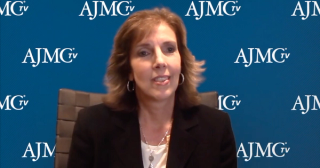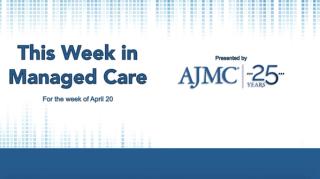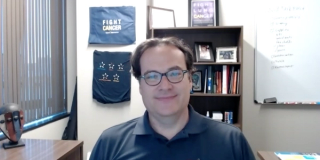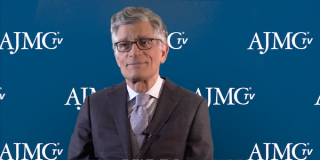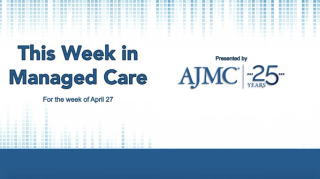
Oncology
Latest News

FDA Approves Cemiplimab for First-Line Advanced NSCLC With PD-L1 Expression

Use of COTA Nodal Address Highlights Variance in Cancer Care Cost: An Interview With Donald M. Berwick, MD, MPP
Latest Videos

CME Content
More News
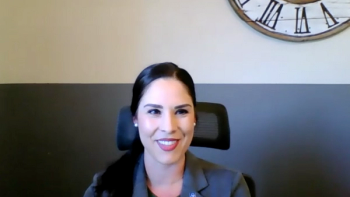
With the onset of the pandemic, the increased use of telemedicine has been the biggest change to how cancer care is being delivered; however, whether telemedicine is here to stay depends on the regulators and payers, said Amy Ellis, chief quality officer at Northwest Medical Specialties.
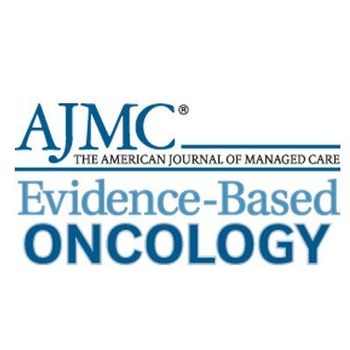
In this issue of Evidence-Based Oncology™ we see a foreshadowing of what the future of cancer care innovation could look like and how we may learn to move forward, safely, at an ever-accelerating pace.

A new study assessed the genomic alterations identified by ctDNA analysis compared with tissue-based comprehensive genomic profiling in patients with metastatic castration-resistant prostate cancer.

Electronic patient-reported outcomes (ePROs) tools can benefit patients by keeping them on treatment longer, and the pandemic has likely accelerated how many practices move to using ePROs, said Amy Ellis, chief quality officer at Northwest Medical Specialties.

Setting up a new tool to capture electronic patient-reported outcomes (ePROs) requires a lot of prep work to ensure patients are comfortable and ready to use the tool, said Amy Ellis, chief quality officer at Northwest Medical Specialties.
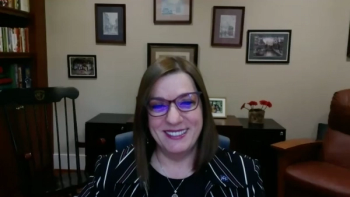
Adapting to telehealth was not difficult, but practice transformation around telehealth has been more difficult, and there remains the future uncertainty around continued reimbursement, said Sibel Blau, MD, of Northwest Medical Specialties and Quality Cancer Care Alliance.

Telehealth is helpful, but it is not enough to make up for the delay in cancer diagnoses occurring as a result of the pandemic, said Sibel Blau, MD, of Northwest Medical Specialties and Quality Cancer Care Alliance.

The American Hospital Association (AHA) asks HHS Secretary Alex Azar to expedite the rollout of coronavirus disease 2019 vaccines; CDC data show accelerated cardiac aging among cancer survivors; a study examines new targets for reducing adolescent access to opioids.

Feedback from the field is incredibly important when participating in new payment models like the Oncology Care Model, said Basit Chaudhry, MD, PhD, founder of Tuple Health.

Our 5 most-read oncology stories and most-watched videos this year highlighted cancer care policy, diversity, and the growing practice of remote cancer care.

Practices deciding whether to join Oncology Care First or another oncology alternative payment model (APM) will need a clear understanding of how big of a transformation they’ll need to make to their practice, said Mike Fazio.

Recent major investments signal growth in an emerging therapeutic sector.
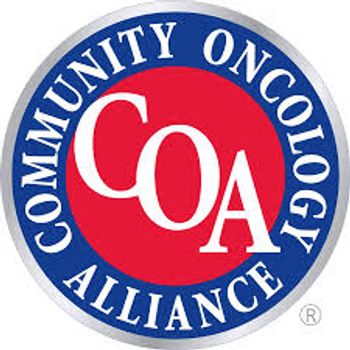
The Community Oncology Alliance's request includes declarations from community oncology practices detailing the anticipated ramifications should the Most Favored Nation rule become operative.
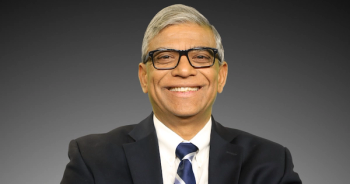
Kashyap Patel, MD, associate editor of Evidence-Based Oncology, a publication of The American Journal of Managed Care, will serve a 1-year term beginning in January.

With the start of Oncology Care First (OCF) being delayed, practices participating in the Oncology Care Model have more time to set themselves up to success when they transition to OCF, said Basit Chaudhry, MD, PhD, founder of Tuple Health.

Throughout the Oncology Care Model (OCM), practices have dealt with a data lag, but in Oncology Care First (OCF) data is expected to be released more frequently, said Mike Fazio, of Archway Health.

The American Society of Clinical Oncology calls on government bodies and the health care community to guide the cancer community’s post-pandemic recovery.

A new study published in JAMA Network Open found that the rate of cancer in adolescents and young adults increased by nearly 30% from 1973 to 2015.

Distance caregivers of patients with cancer often find it difficult to enlist adequate support, noted Sara L. Douglas, PhD, RN, associate dean for research at the Frances Payne Bolton School of Nursing at Case Western Reserve University.
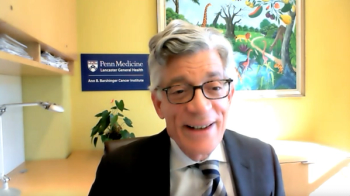
Randall Oyer, MD, president of the Association of Community Cancer Centers, discusses the ACCC and American Society of Clinical Oncology's initiative to make clinical trials more inclusive.

The Network enrolled its 100,000th patient in the Oncology Care Model (OCM) recently, and its practices are finding success in the complicated model.

Representation of minority populations in the oncology workforce is important to educate physicians on the meaning of being culturally appropriate, and to provide culturally appropriate care.

Data in a new analysis showed that Medicaid expansion under the Affordable Care Act had positive effects on rates of early-stage cancer diagnosis, and the results were immediate.

As the costs of cancer care continue to rise in the United States, eyes are increasingly turning to payment reform.
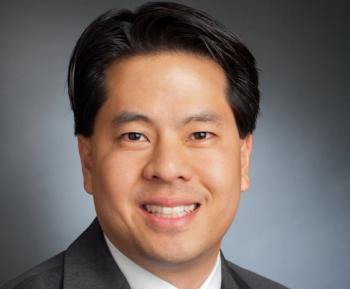
Efficiency, collaboration, and efficacy are key drivers in creating clinical pathway buy-in, with updates also vital to incorporate the latest trends and insights in cancer care.

